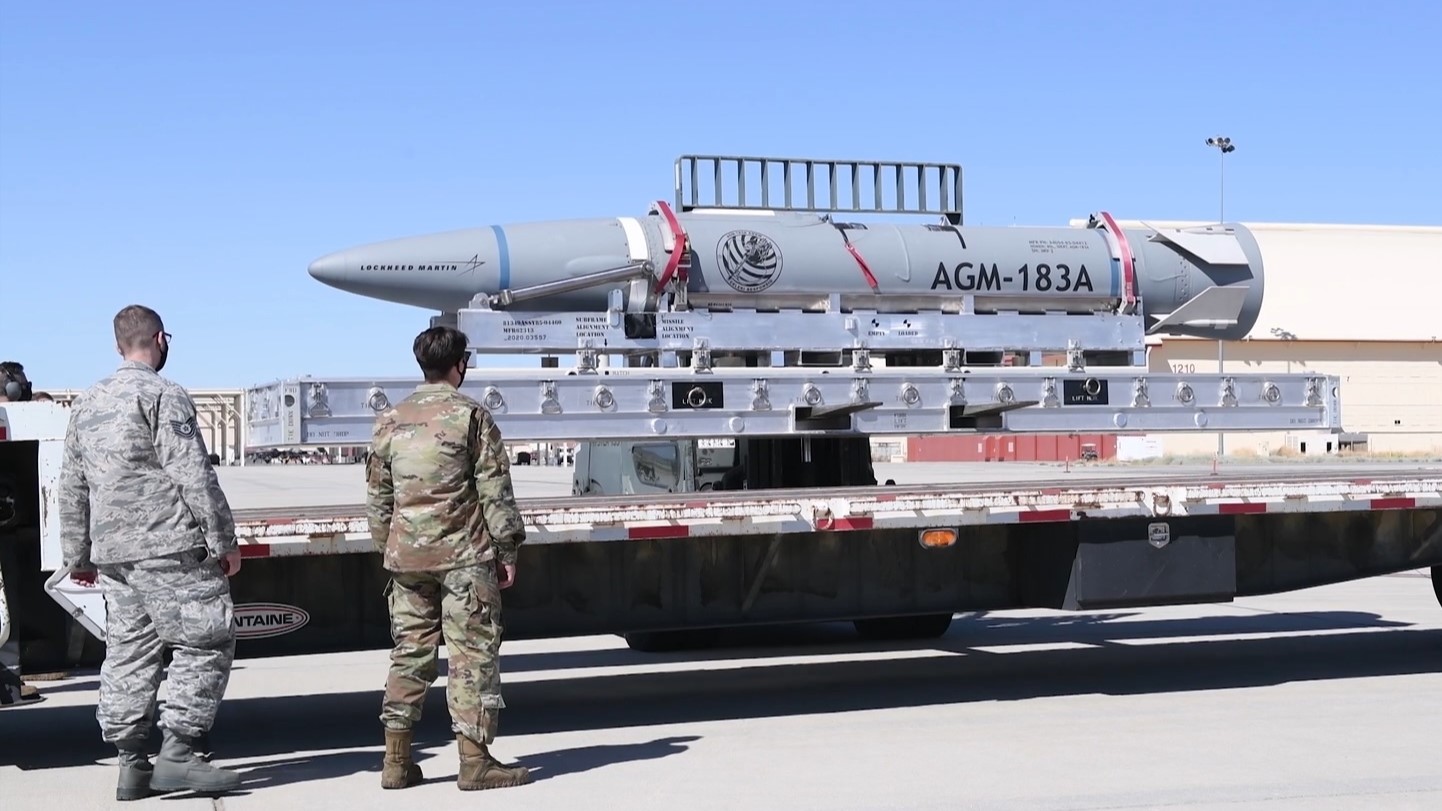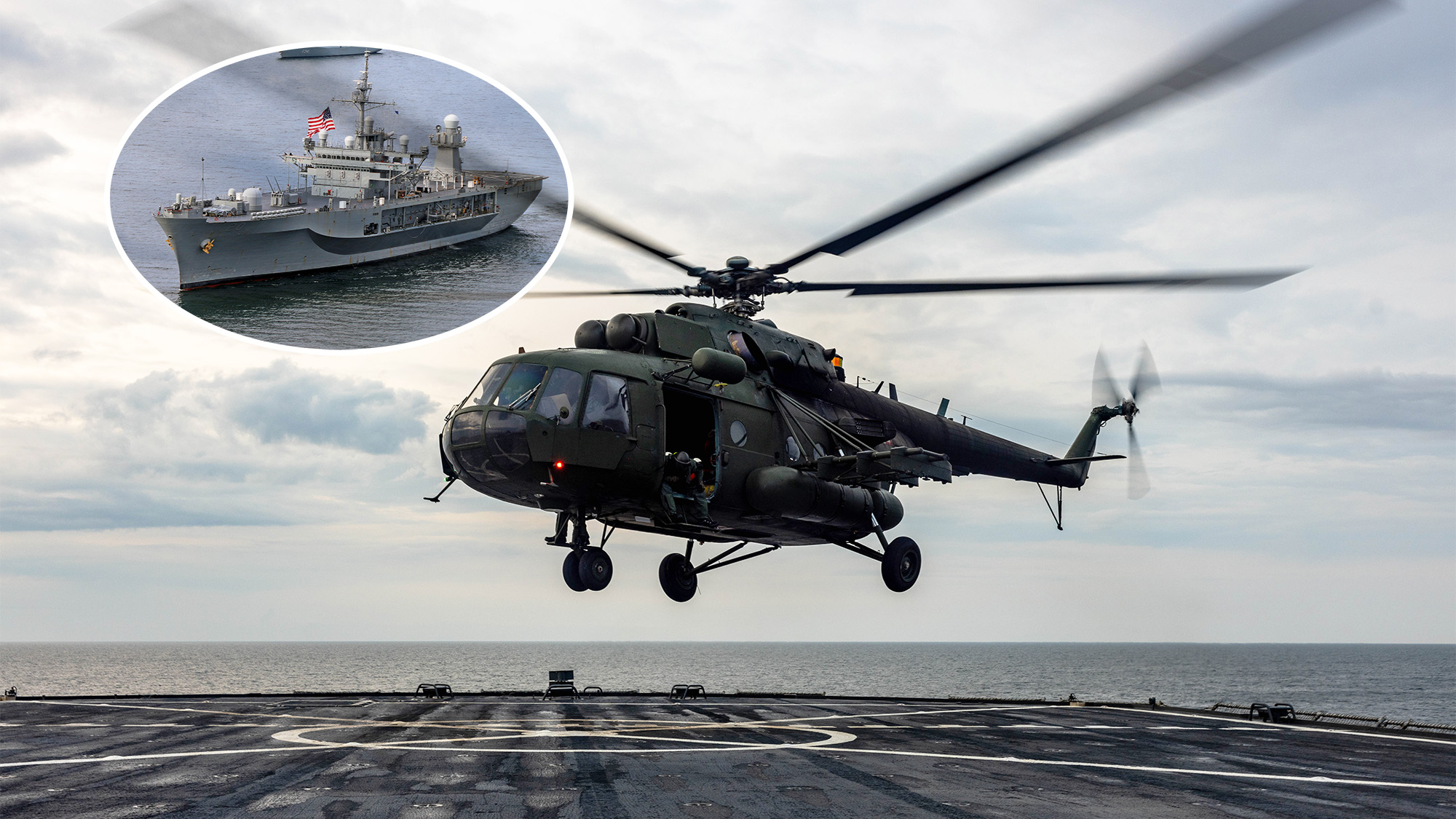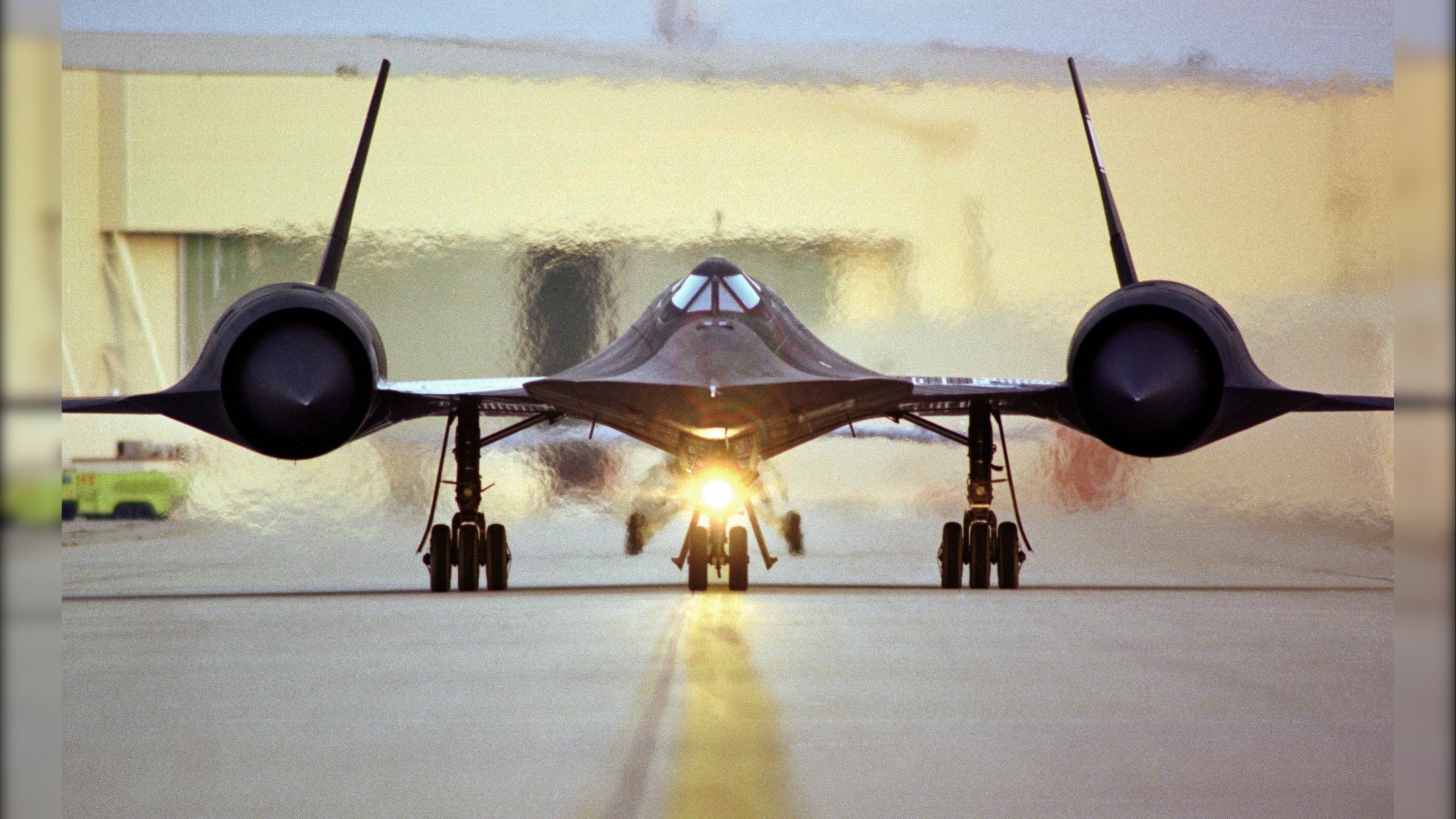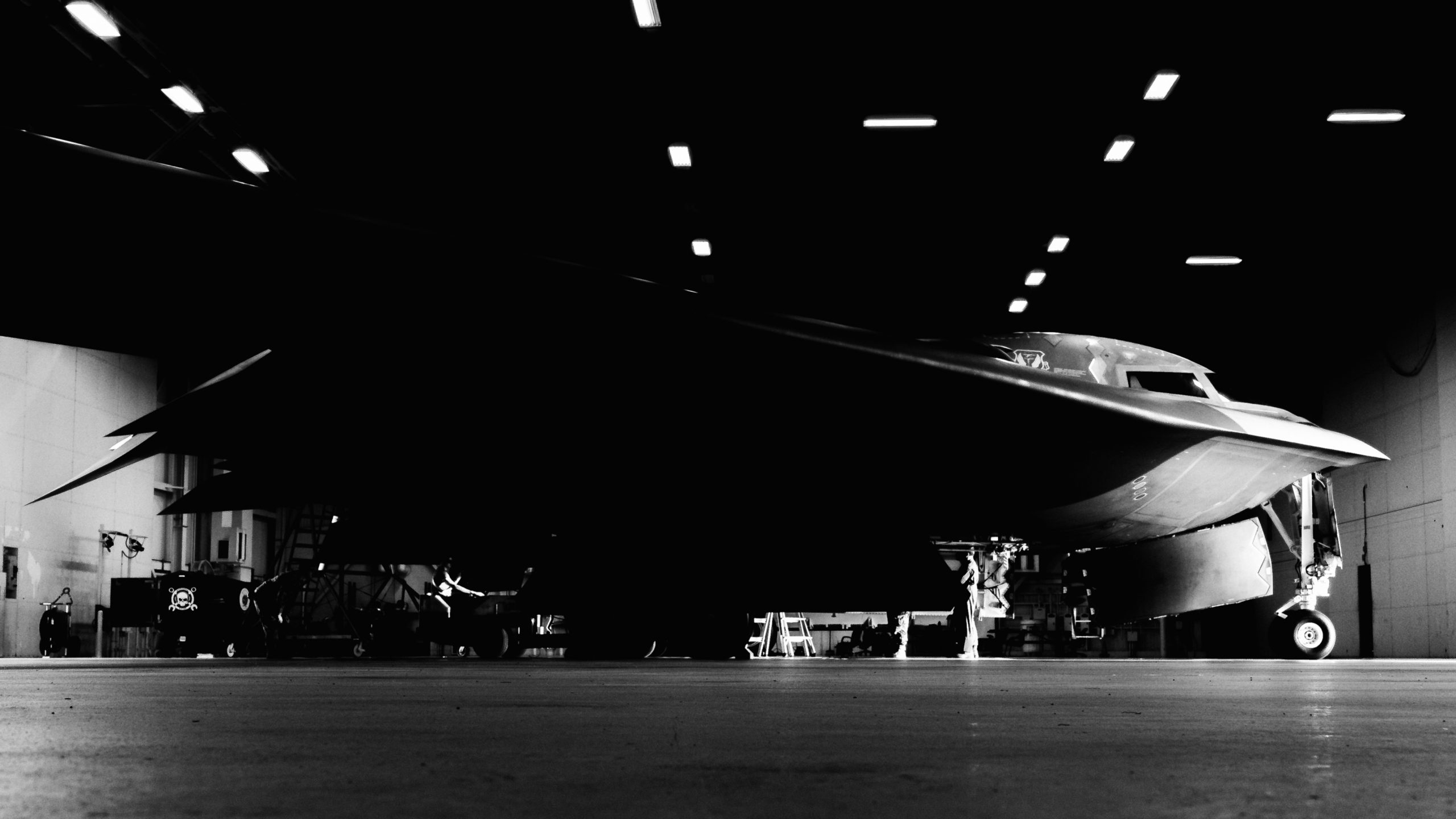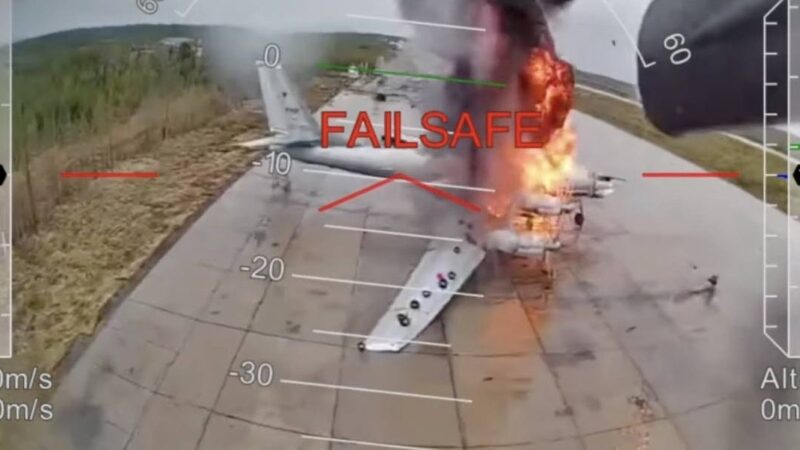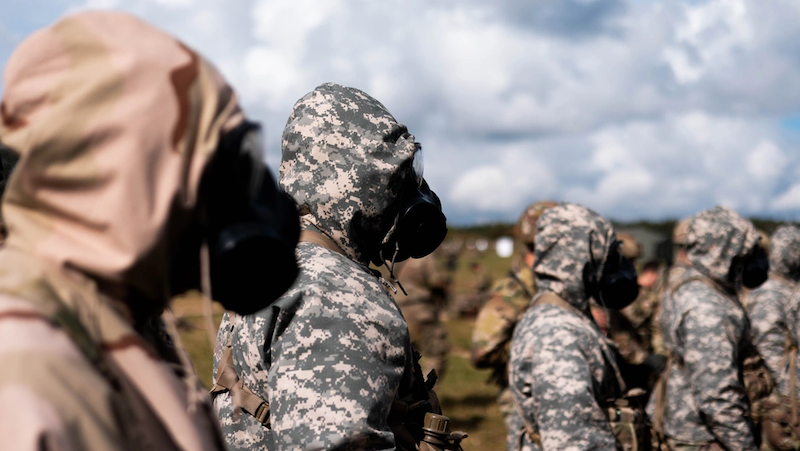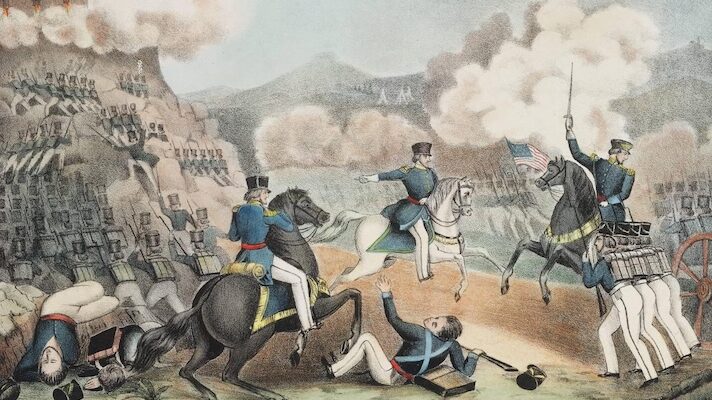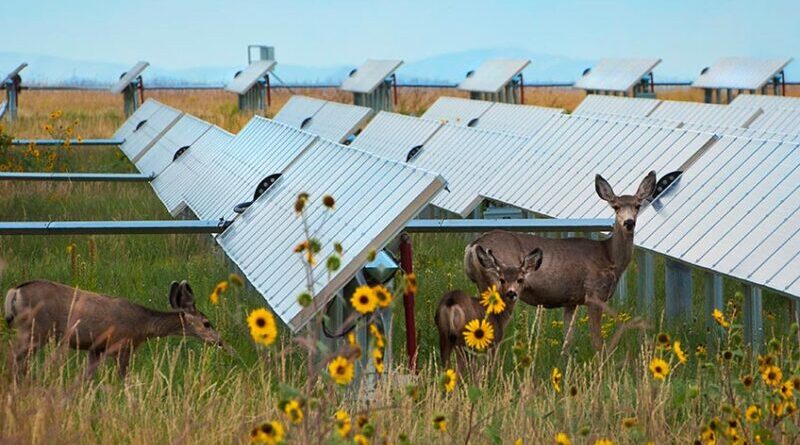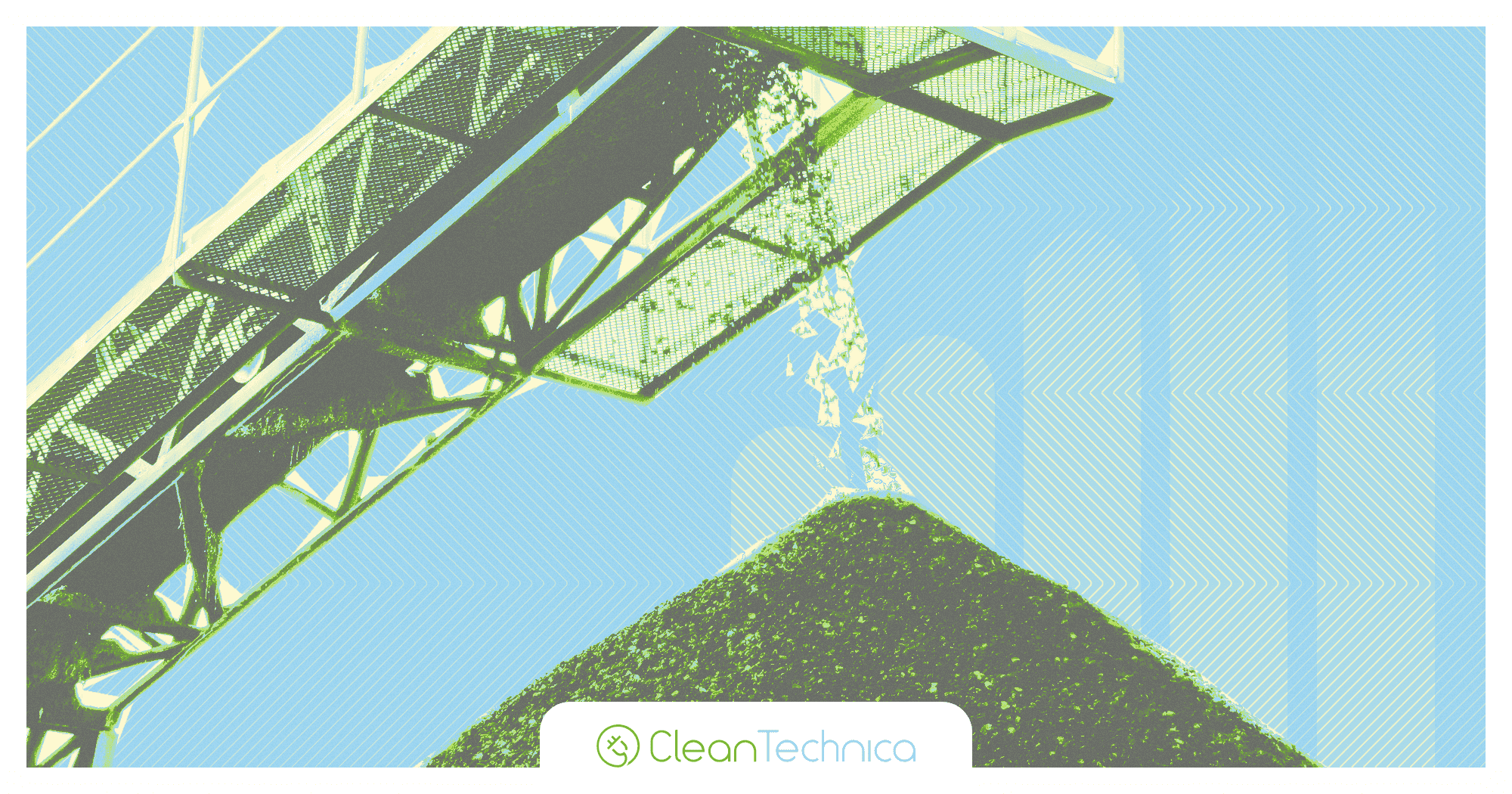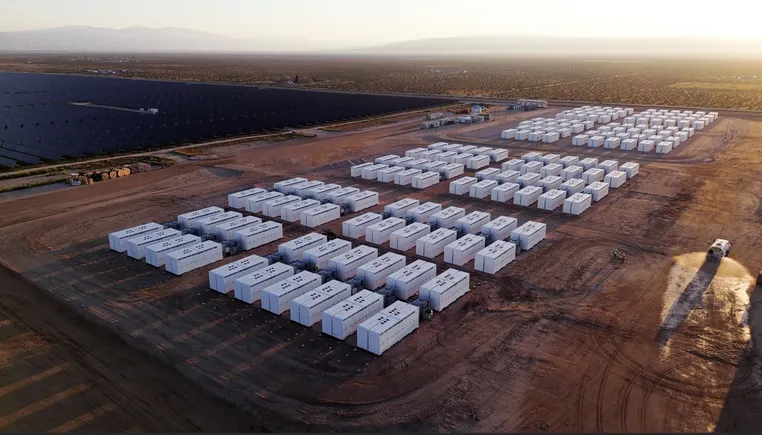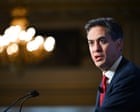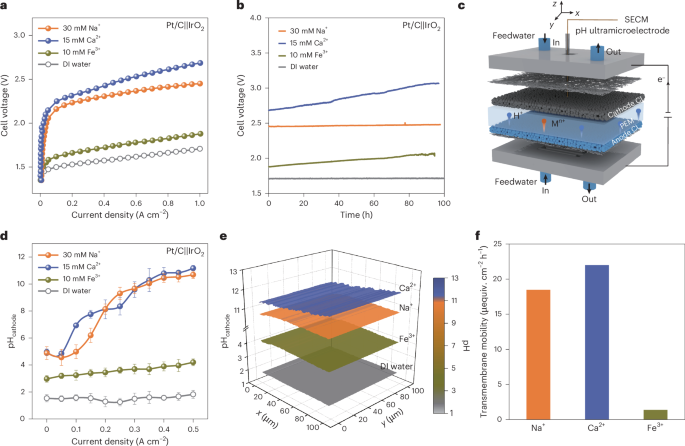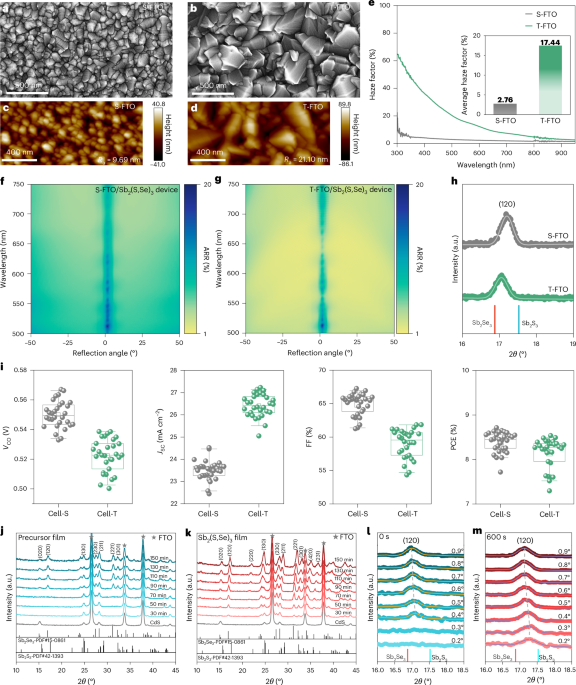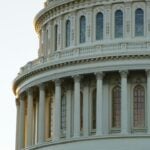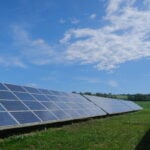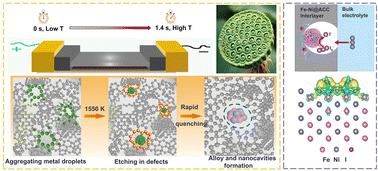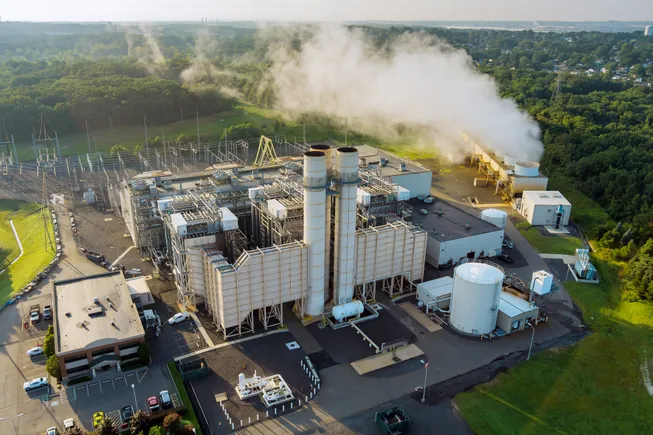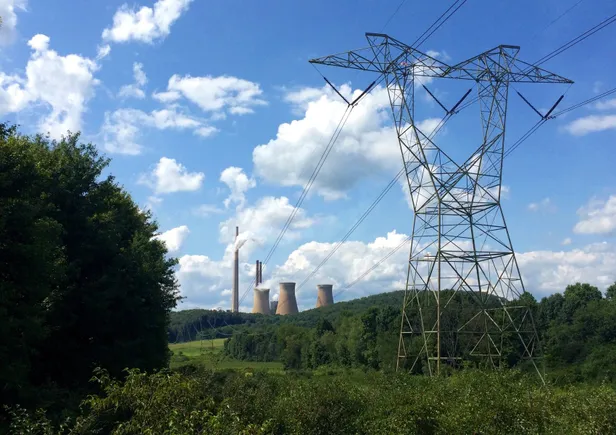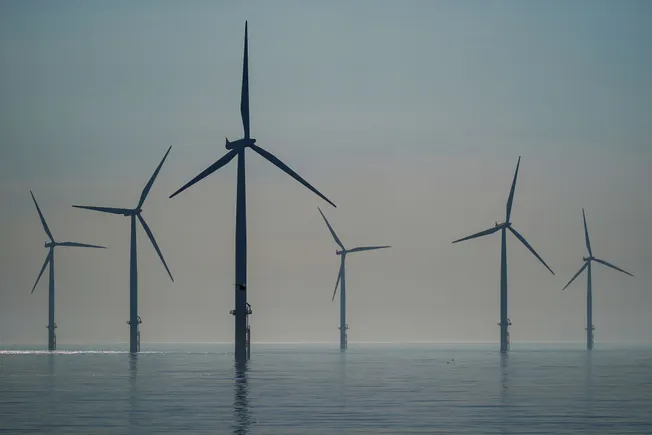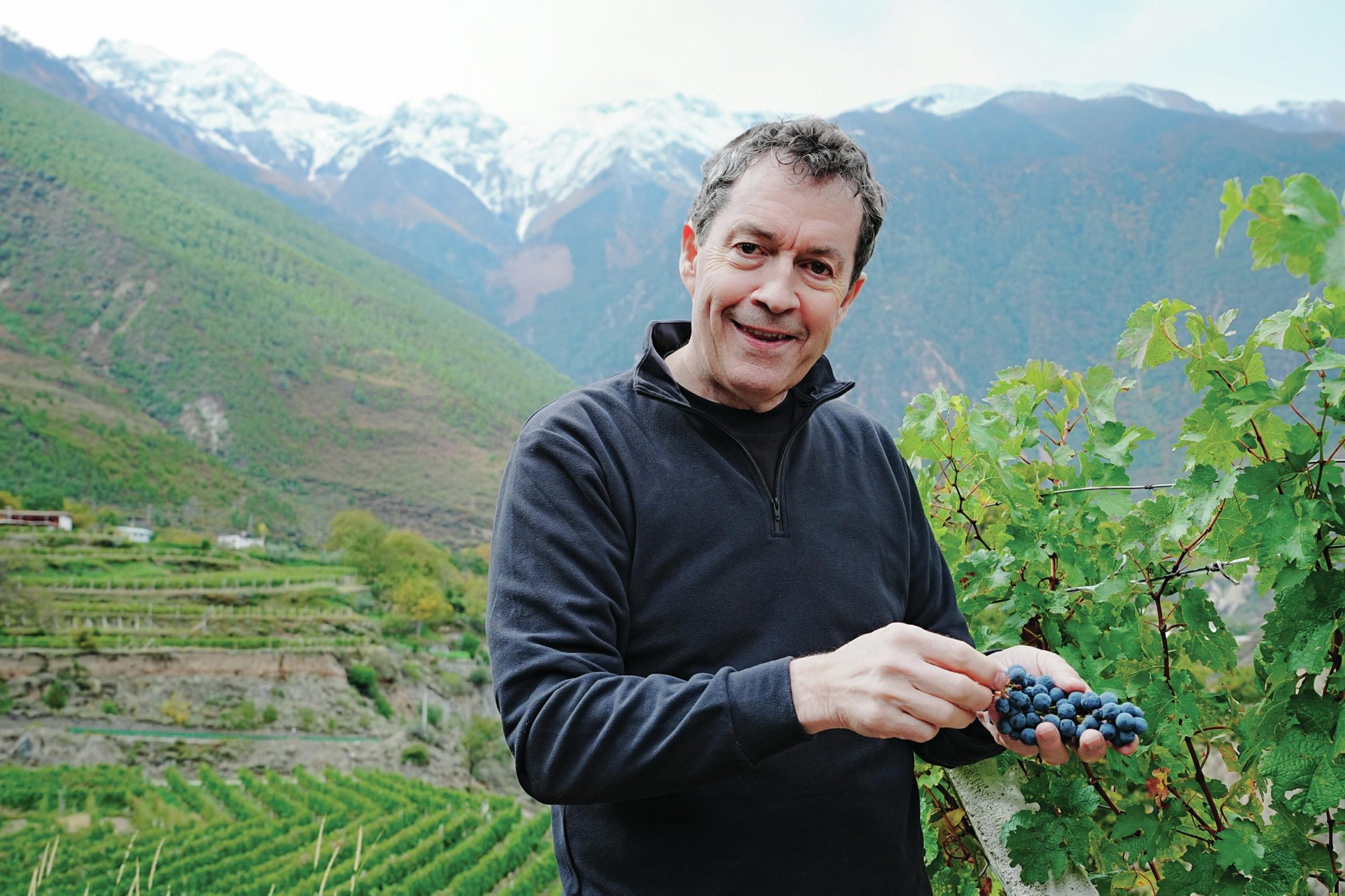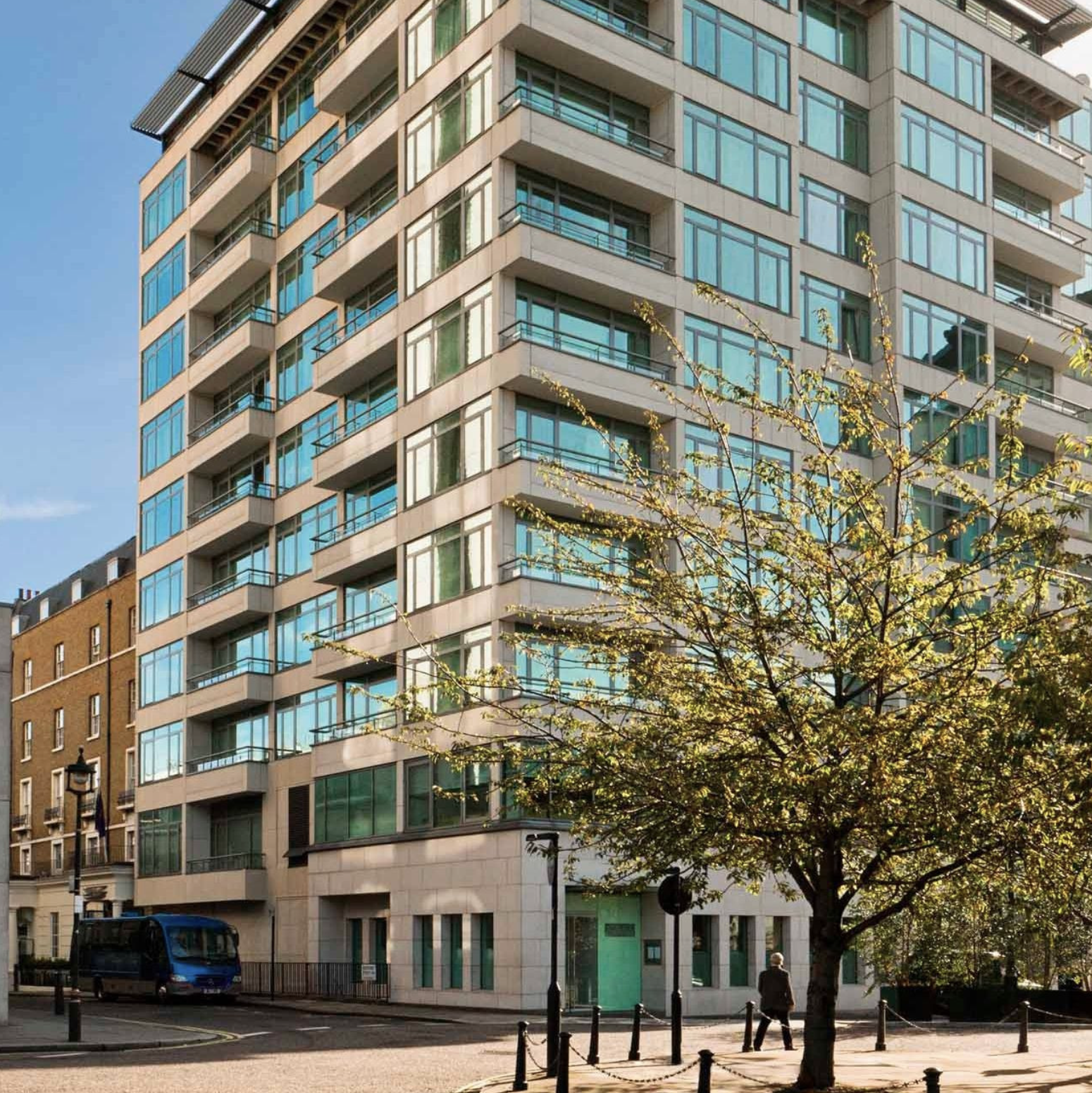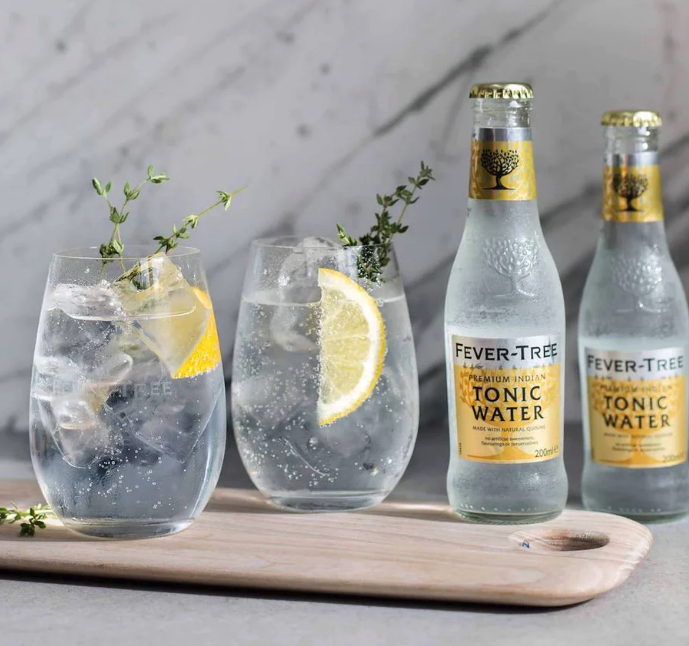The amount of alcohol consumed in Ireland has decreased by 4.5%, according to new countrywide drinks statistics.
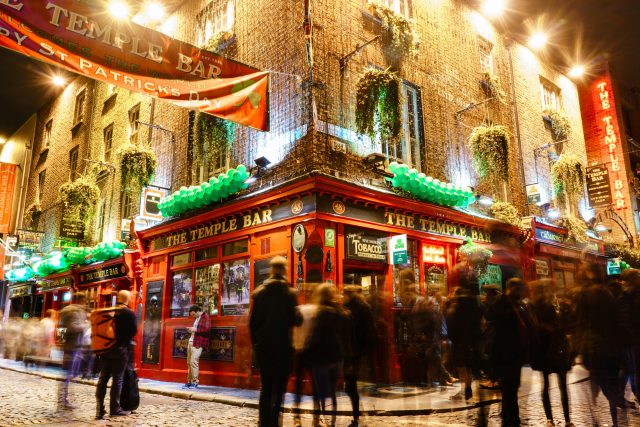
The figures, released by the
Drinks Industry Group of Ireland (DIGI), have revealed how average alcohol consumption per adult fell to 9.49 litres, illustrating a 4.5% drop when compared with the previous year. The findings also show a marked 34.3% nosedive in alcohol consumption in Ireland since 2001.
The decrease mirrors growing trend of restrained drinking in Ireland but also reflects how beer remained as Ireland’s most popular alcoholic drink with its market share actually increasing to 43.3% despite people drinking less.
Guinness owner Diageo recently increased draught beer prices in Ireland for the fourth time in two years.
Wine was noted as the second most popular drink in Ireland with a market share of 28.2%, up on the previous year and more than double the consumption rate it saw in 2001 when it made up just 13.2% of the market. To amplify this, moves from premium non-alcoholic sparkling drinks brands like
Wild Idol are securing listings at major Irish hotels and hospitality venues as the country continues its march towards “mindful indulgence”.
The data has shown however that spirits consumption has declined in popularity in Ireland and is down 0.4% to 22.3%, with historic Irish distilleries also showing signs of struggle and
being put up for sale while the sector regains its footing. Telling a similar story, cider consumption in Ireland also dipped 0.1% to just 6.1%.
The new data reiterates how on point recent figures from an OECD report which reflected how alcohol consumption in Ireland was now “at average European levels with consumption here behind France, Spain and Austria.“
Speaking about the data, DIGI spokesman and chief executive of the Licensed Vintners Association, Donall O’Keefe said: “Today’s figures offer clear proof of what many of us already know – Irish people are increasingly drinking in a restrained manner, with consumption continuing the downward trajectory that has been recorded since the millennium.”
O’Keefe pointed out: "In contrast to the negative stereotypes that once existed, alcohol consumption in Ireland is now at average European levels, with the purchase of non-alcoholic drinks continuing to increase."
Describing the situation, O’Keefe admitted that adaptations needed to be implemented to help the industry recover and noted: “Given that we now consume alcohol at average European levels it makes sense that we should pay excise at average European levels also. This is particularly true following the introduction of minimum unit pricing, which prevents the sale of strong alcohol at low prices in supermarkets and shops.”
A galling figure of
2,054 pubs in Ireland have been forced to close since 2005, according to DIGI research, equal to a reduction of 24% of licensed premises. The figures, which reveal that around 114 pubs on average have closed across the country every year of the last 18 also showed that this figure has risen to 144 a year in the period between 2019 and 2023.
O’Keefe highlighted how much the hospitality industry was “struggling for survival due to repeated increases in the cost of doing businesses, including staff, energy and insurance” and insisted that the figures were a warning for the sector.
He urged the government to act and added: “A cut in excise would offer these businesses an opportunity to continue acting as vital hubs in their communities”.
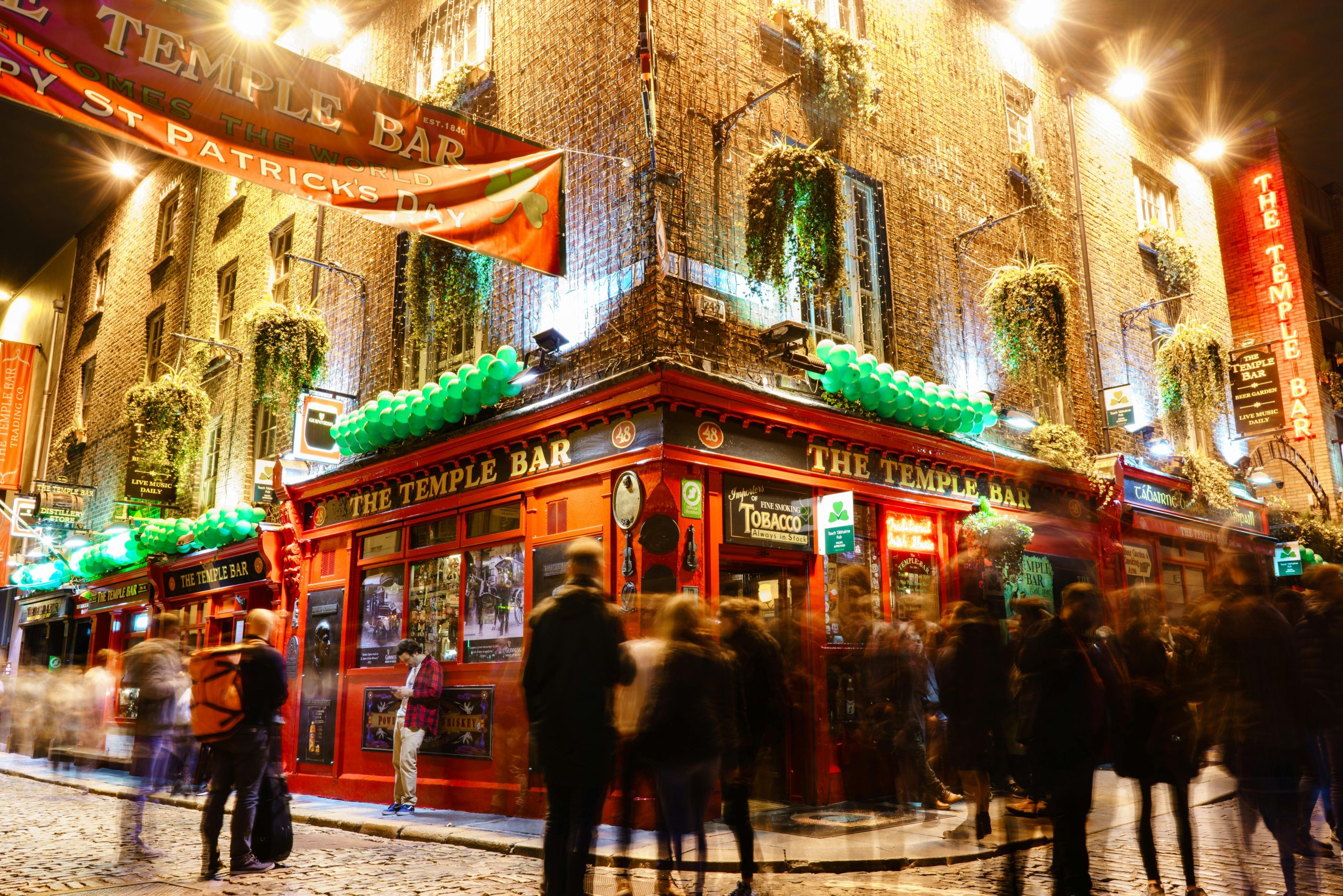
 The figures, released by the Drinks Industry Group of Ireland (DIGI), have revealed how average alcohol consumption per adult fell to 9.49 litres, illustrating a 4.5% drop when compared with the previous year. The findings also show a marked 34.3% nosedive in alcohol consumption in Ireland since 2001.
The decrease mirrors growing trend of restrained drinking in Ireland but also reflects how beer remained as Ireland’s most popular alcoholic drink with its market share actually increasing to 43.3% despite people drinking less. Guinness owner Diageo recently increased draught beer prices in Ireland for the fourth time in two years.
Wine was noted as the second most popular drink in Ireland with a market share of 28.2%, up on the previous year and more than double the consumption rate it saw in 2001 when it made up just 13.2% of the market. To amplify this, moves from premium non-alcoholic sparkling drinks brands like Wild Idol are securing listings at major Irish hotels and hospitality venues as the country continues its march towards “mindful indulgence”.
The data has shown however that spirits consumption has declined in popularity in Ireland and is down 0.4% to 22.3%, with historic Irish distilleries also showing signs of struggle and being put up for sale while the sector regains its footing. Telling a similar story, cider consumption in Ireland also dipped 0.1% to just 6.1%.
The new data reiterates how on point recent figures from an OECD report which reflected how alcohol consumption in Ireland was now “at average European levels with consumption here behind France, Spain and Austria.“
Speaking about the data, DIGI spokesman and chief executive of the Licensed Vintners Association, Donall O’Keefe said: “Today’s figures offer clear proof of what many of us already know – Irish people are increasingly drinking in a restrained manner, with consumption continuing the downward trajectory that has been recorded since the millennium.”
O’Keefe pointed out: "In contrast to the negative stereotypes that once existed, alcohol consumption in Ireland is now at average European levels, with the purchase of non-alcoholic drinks continuing to increase."
Describing the situation, O’Keefe admitted that adaptations needed to be implemented to help the industry recover and noted: “Given that we now consume alcohol at average European levels it makes sense that we should pay excise at average European levels also. This is particularly true following the introduction of minimum unit pricing, which prevents the sale of strong alcohol at low prices in supermarkets and shops.”
A galling figure of 2,054 pubs in Ireland have been forced to close since 2005, according to DIGI research, equal to a reduction of 24% of licensed premises. The figures, which reveal that around 114 pubs on average have closed across the country every year of the last 18 also showed that this figure has risen to 144 a year in the period between 2019 and 2023.
O’Keefe highlighted how much the hospitality industry was “struggling for survival due to repeated increases in the cost of doing businesses, including staff, energy and insurance” and insisted that the figures were a warning for the sector.
He urged the government to act and added: “A cut in excise would offer these businesses an opportunity to continue acting as vital hubs in their communities”.
The figures, released by the Drinks Industry Group of Ireland (DIGI), have revealed how average alcohol consumption per adult fell to 9.49 litres, illustrating a 4.5% drop when compared with the previous year. The findings also show a marked 34.3% nosedive in alcohol consumption in Ireland since 2001.
The decrease mirrors growing trend of restrained drinking in Ireland but also reflects how beer remained as Ireland’s most popular alcoholic drink with its market share actually increasing to 43.3% despite people drinking less. Guinness owner Diageo recently increased draught beer prices in Ireland for the fourth time in two years.
Wine was noted as the second most popular drink in Ireland with a market share of 28.2%, up on the previous year and more than double the consumption rate it saw in 2001 when it made up just 13.2% of the market. To amplify this, moves from premium non-alcoholic sparkling drinks brands like Wild Idol are securing listings at major Irish hotels and hospitality venues as the country continues its march towards “mindful indulgence”.
The data has shown however that spirits consumption has declined in popularity in Ireland and is down 0.4% to 22.3%, with historic Irish distilleries also showing signs of struggle and being put up for sale while the sector regains its footing. Telling a similar story, cider consumption in Ireland also dipped 0.1% to just 6.1%.
The new data reiterates how on point recent figures from an OECD report which reflected how alcohol consumption in Ireland was now “at average European levels with consumption here behind France, Spain and Austria.“
Speaking about the data, DIGI spokesman and chief executive of the Licensed Vintners Association, Donall O’Keefe said: “Today’s figures offer clear proof of what many of us already know – Irish people are increasingly drinking in a restrained manner, with consumption continuing the downward trajectory that has been recorded since the millennium.”
O’Keefe pointed out: "In contrast to the negative stereotypes that once existed, alcohol consumption in Ireland is now at average European levels, with the purchase of non-alcoholic drinks continuing to increase."
Describing the situation, O’Keefe admitted that adaptations needed to be implemented to help the industry recover and noted: “Given that we now consume alcohol at average European levels it makes sense that we should pay excise at average European levels also. This is particularly true following the introduction of minimum unit pricing, which prevents the sale of strong alcohol at low prices in supermarkets and shops.”
A galling figure of 2,054 pubs in Ireland have been forced to close since 2005, according to DIGI research, equal to a reduction of 24% of licensed premises. The figures, which reveal that around 114 pubs on average have closed across the country every year of the last 18 also showed that this figure has risen to 144 a year in the period between 2019 and 2023.
O’Keefe highlighted how much the hospitality industry was “struggling for survival due to repeated increases in the cost of doing businesses, including staff, energy and insurance” and insisted that the figures were a warning for the sector.
He urged the government to act and added: “A cut in excise would offer these businesses an opportunity to continue acting as vital hubs in their communities”. 







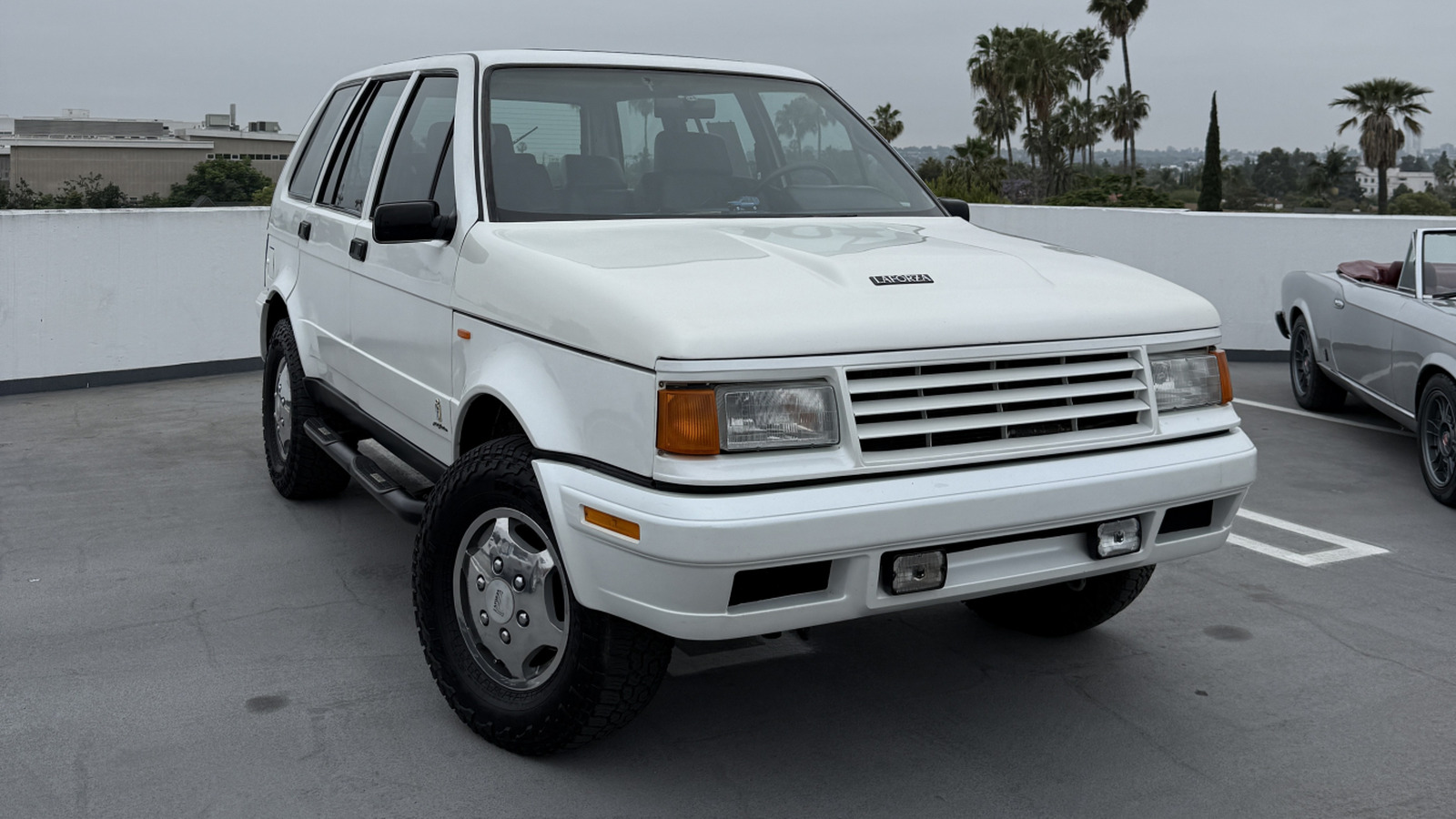
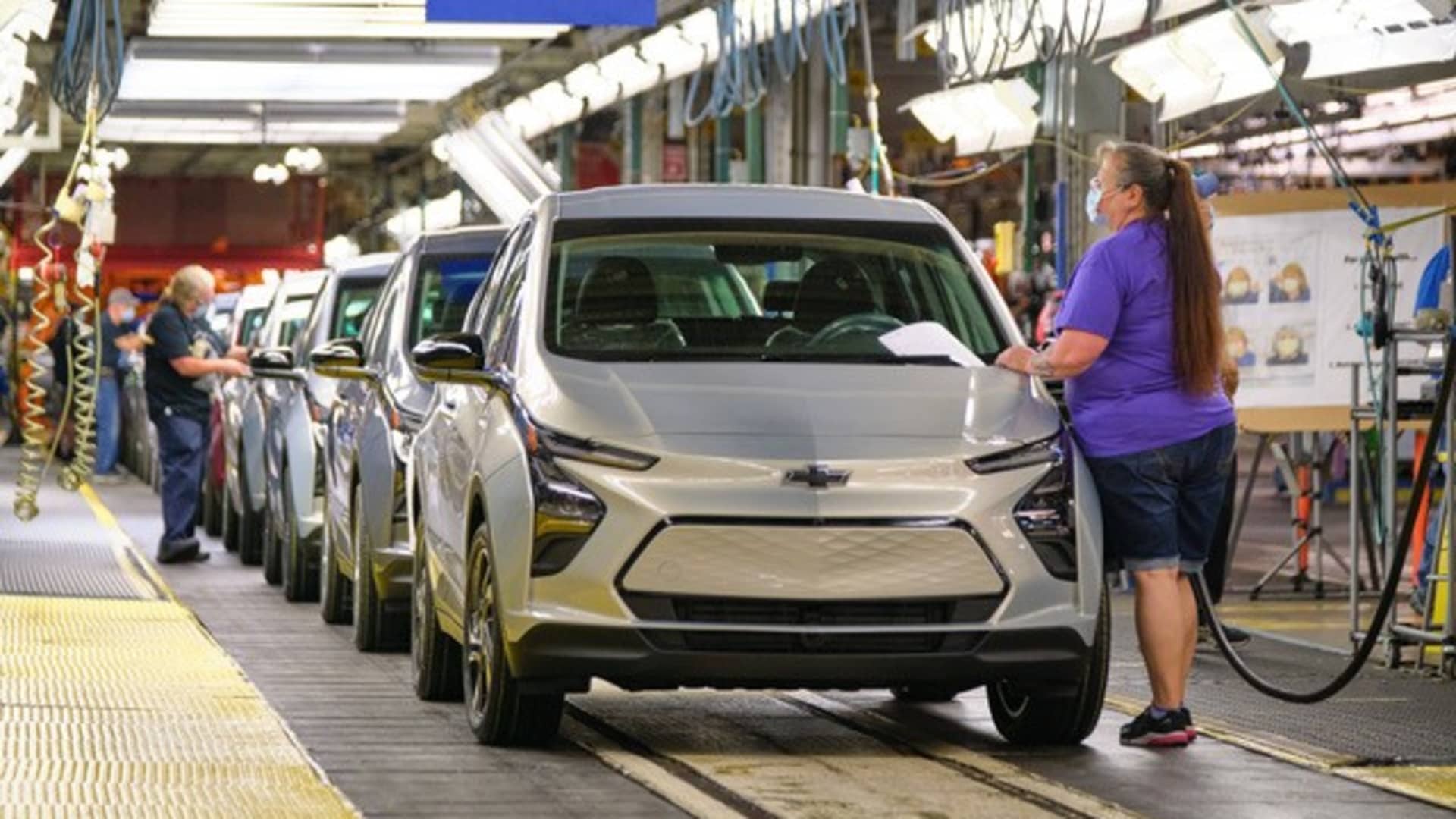
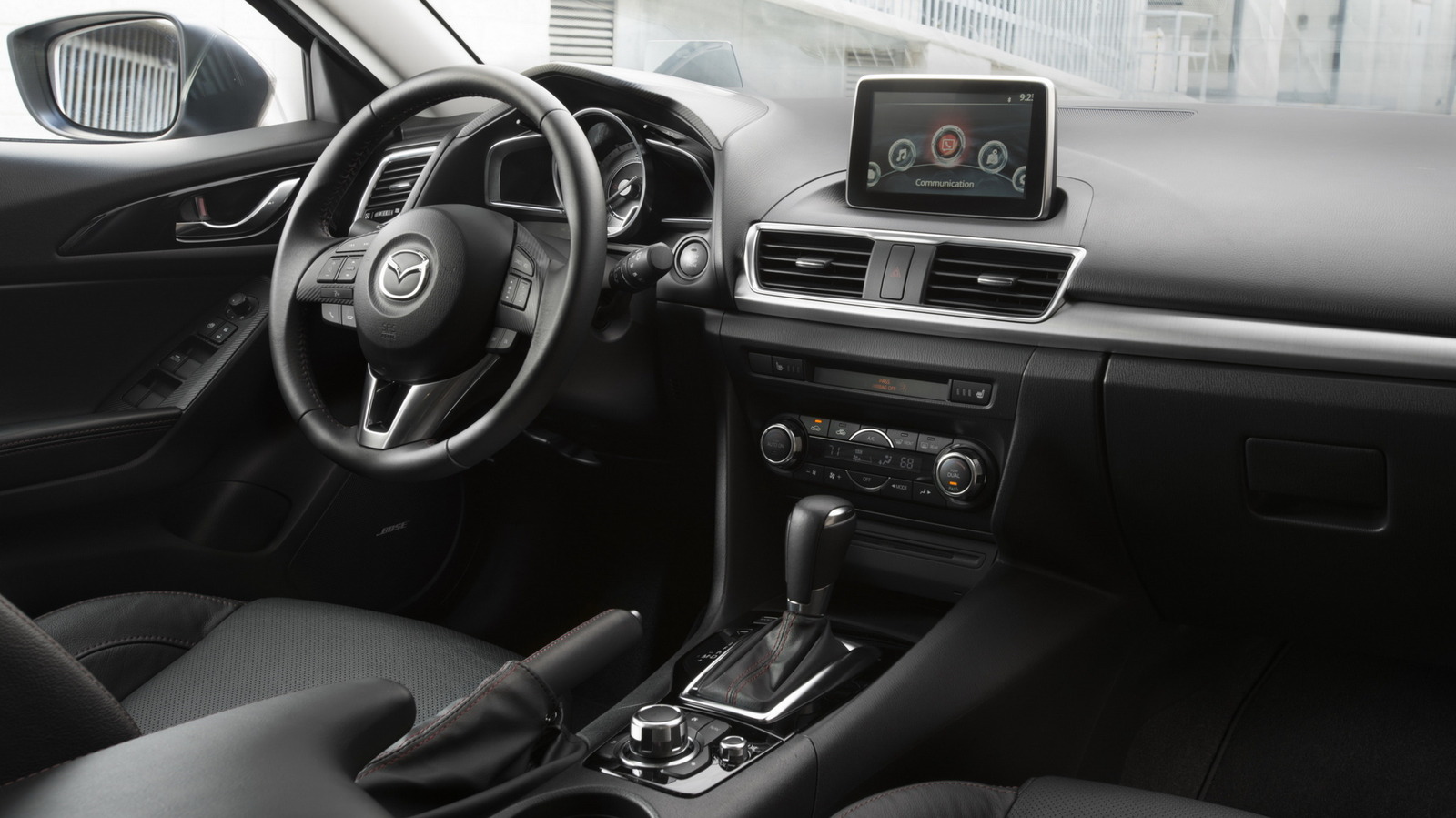


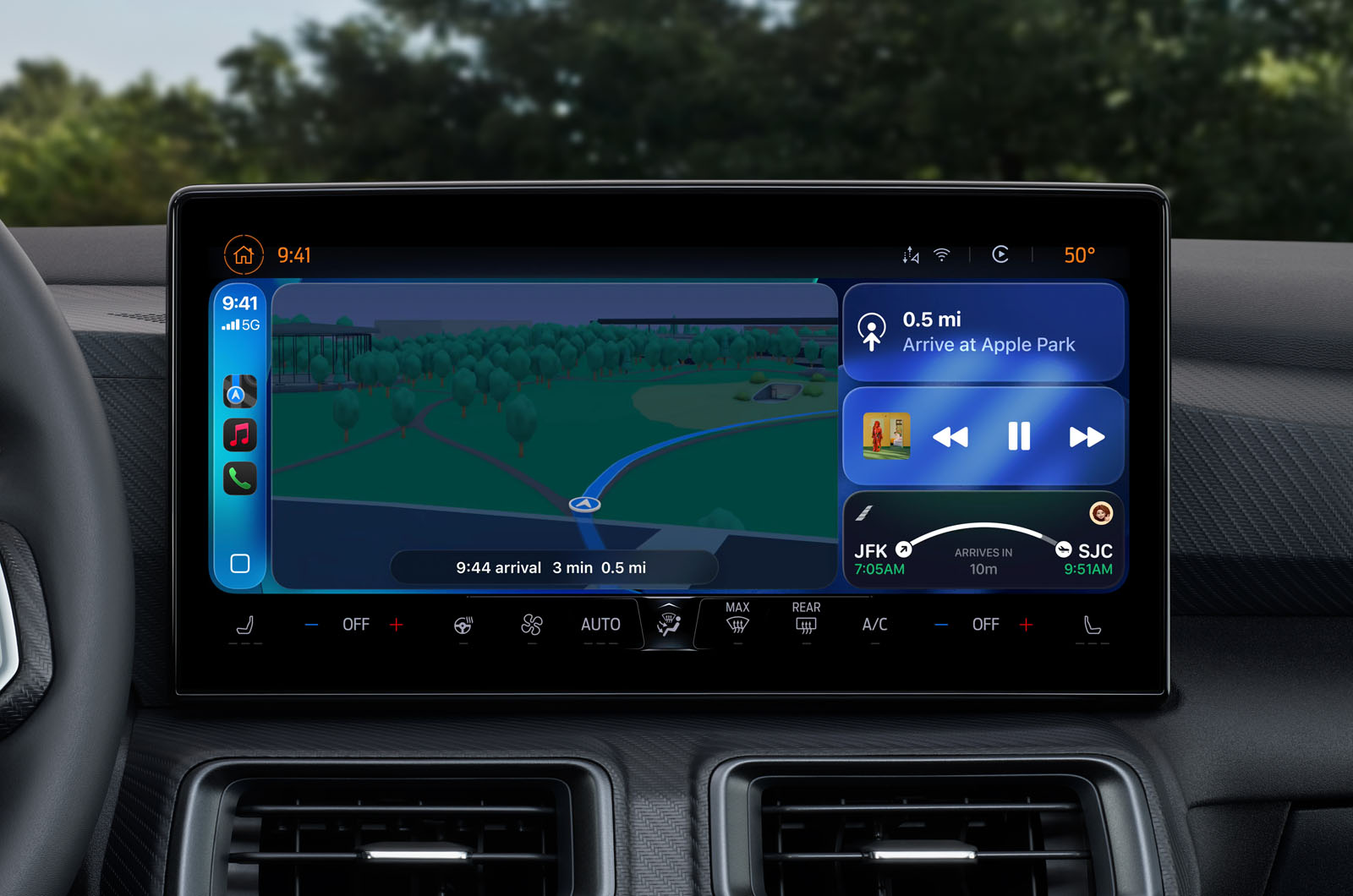
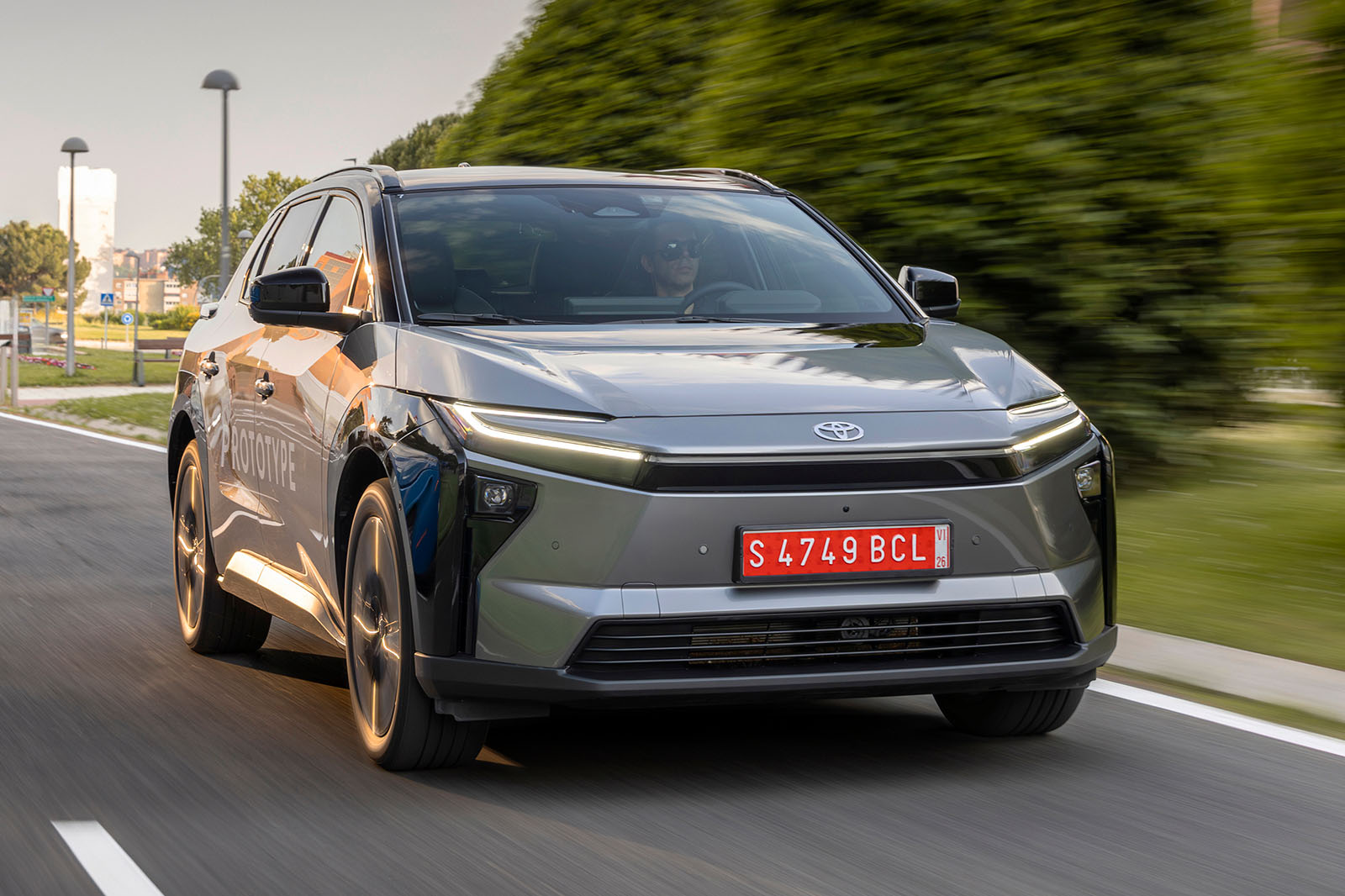














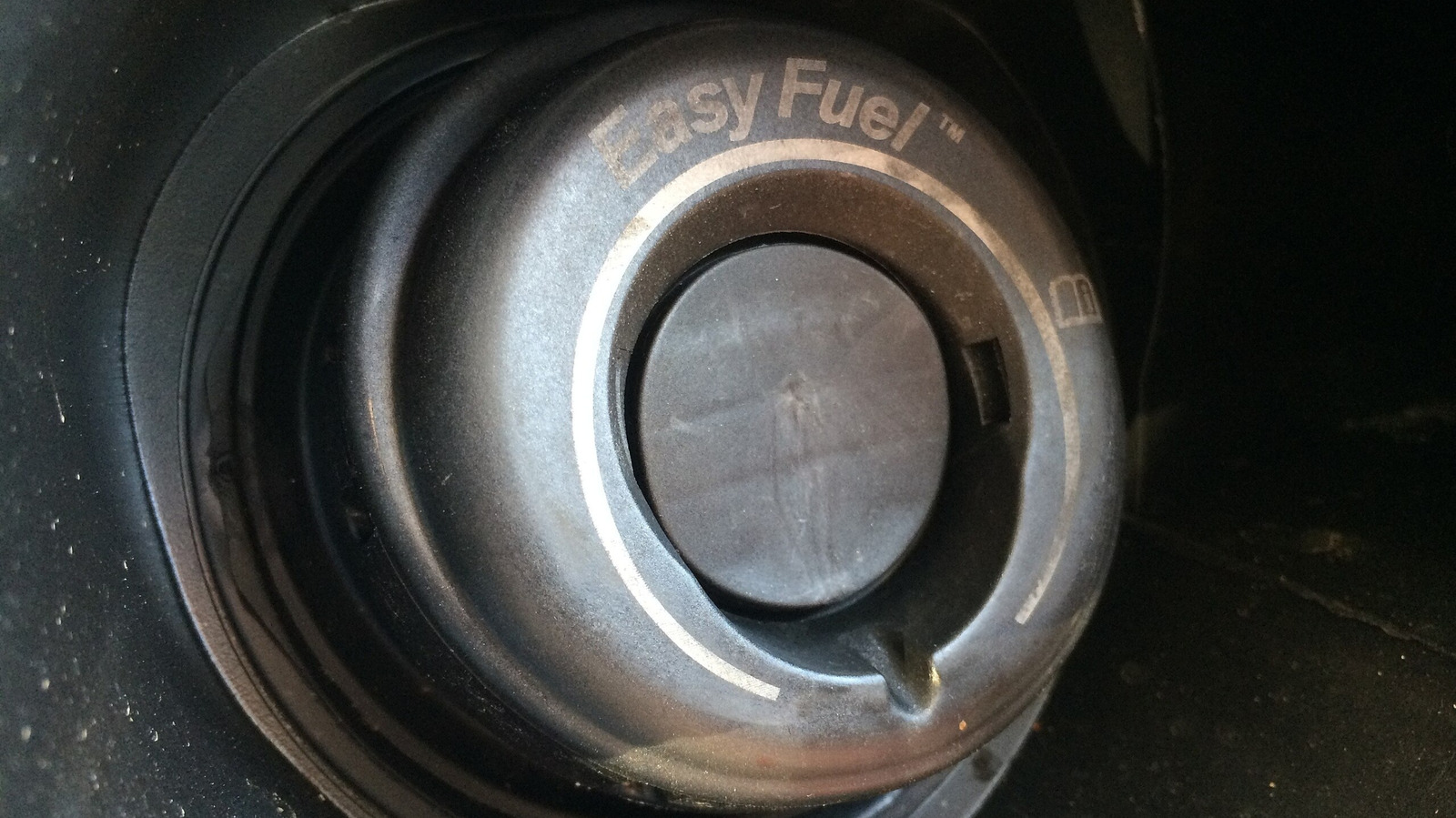
















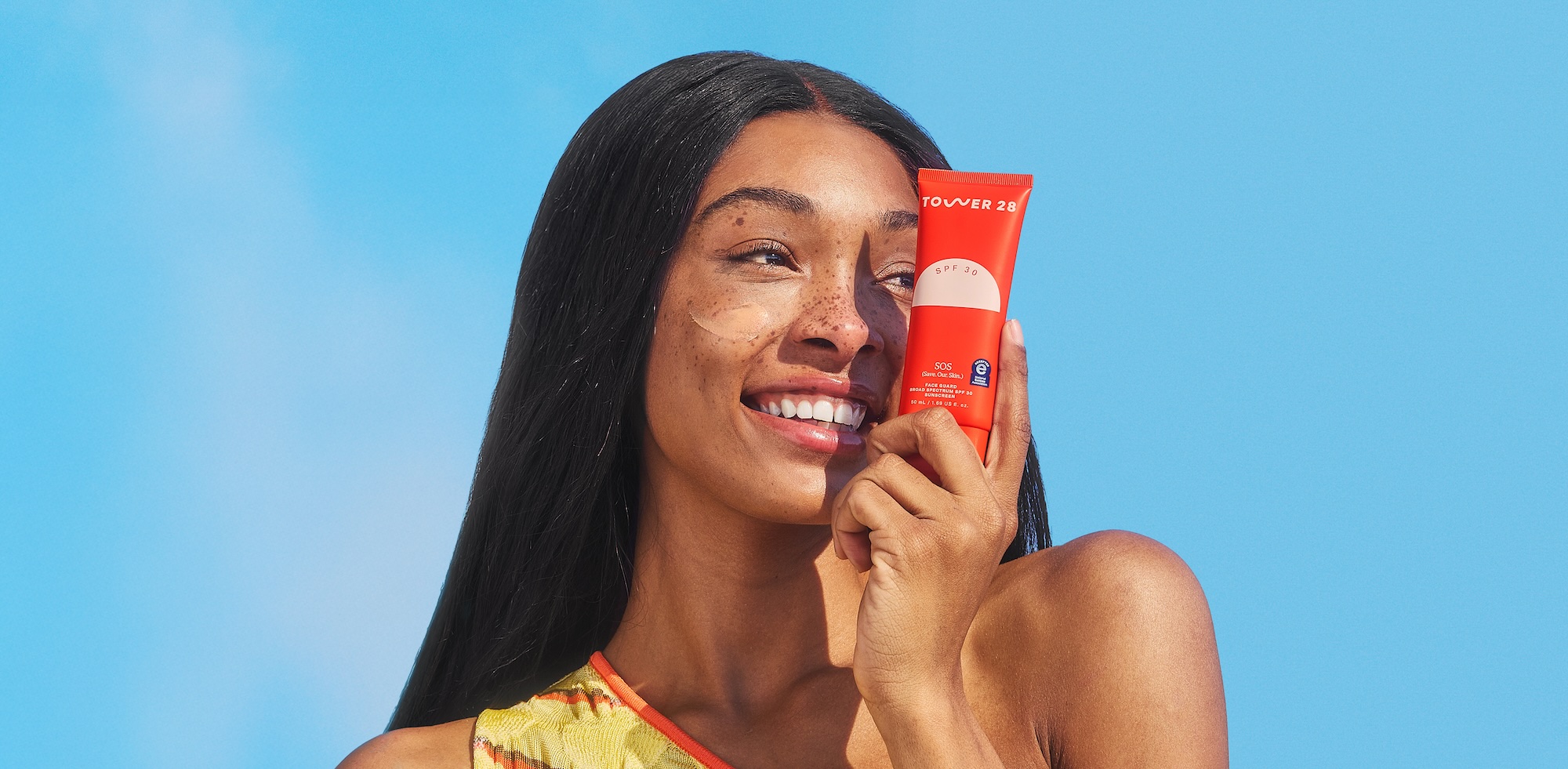
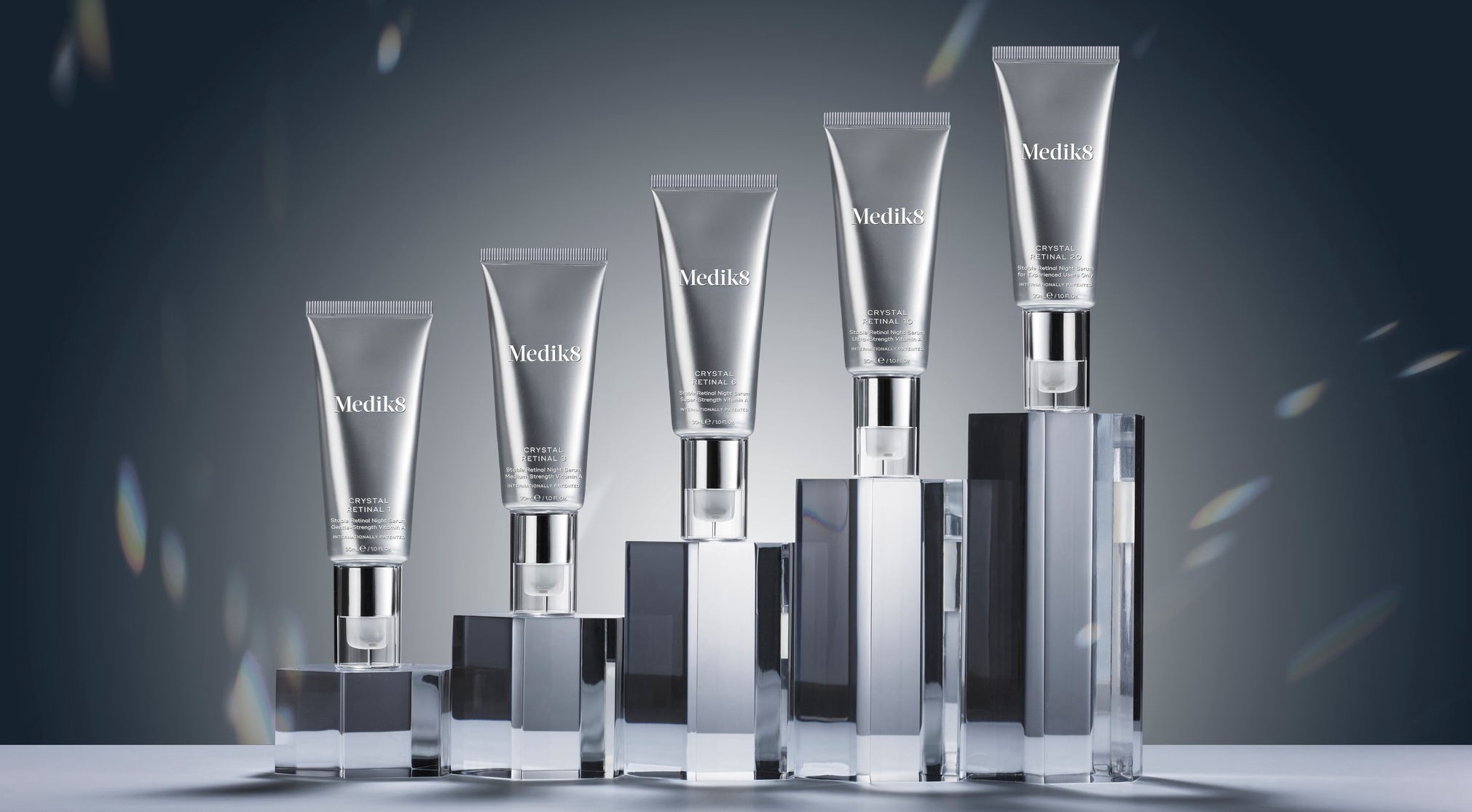
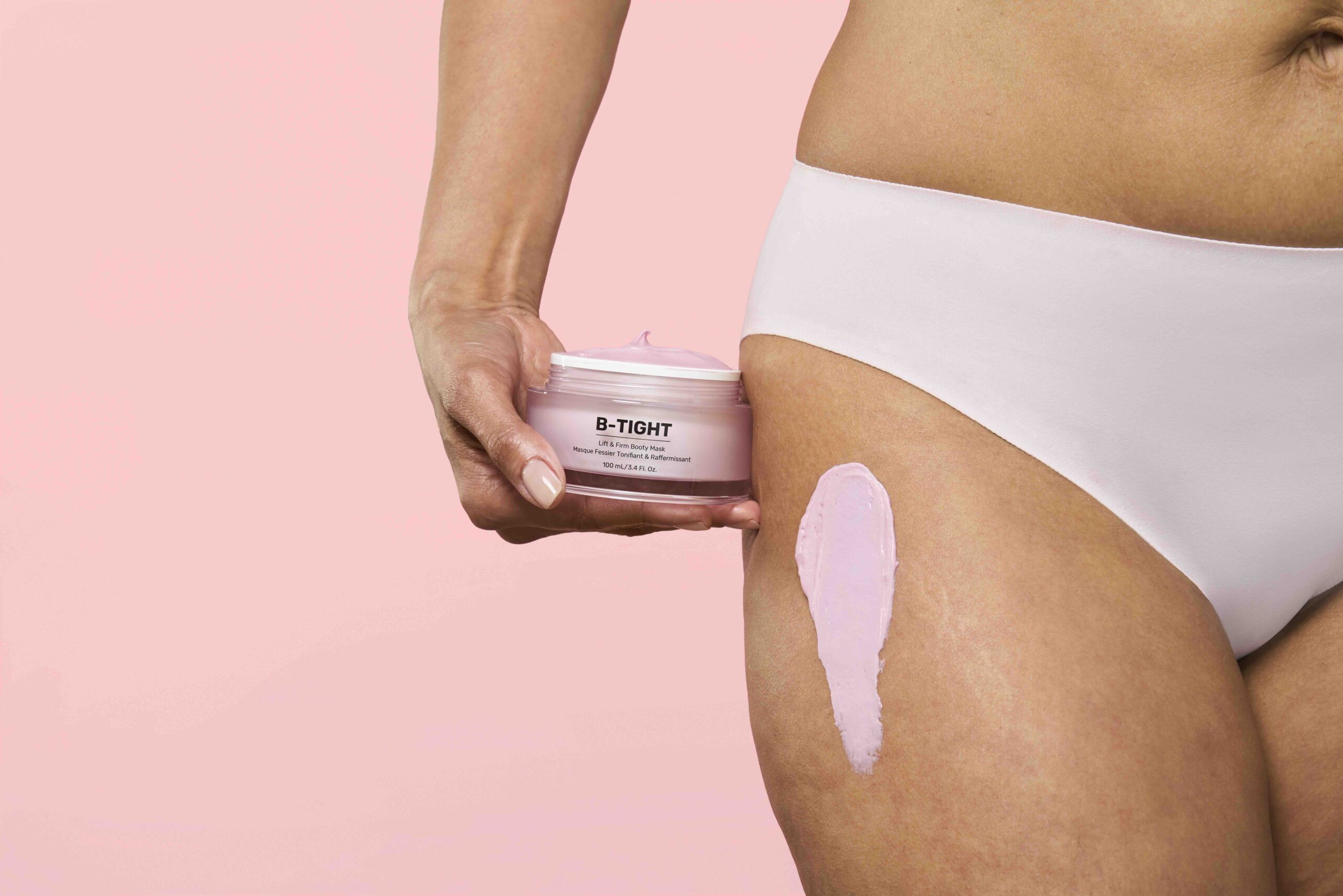
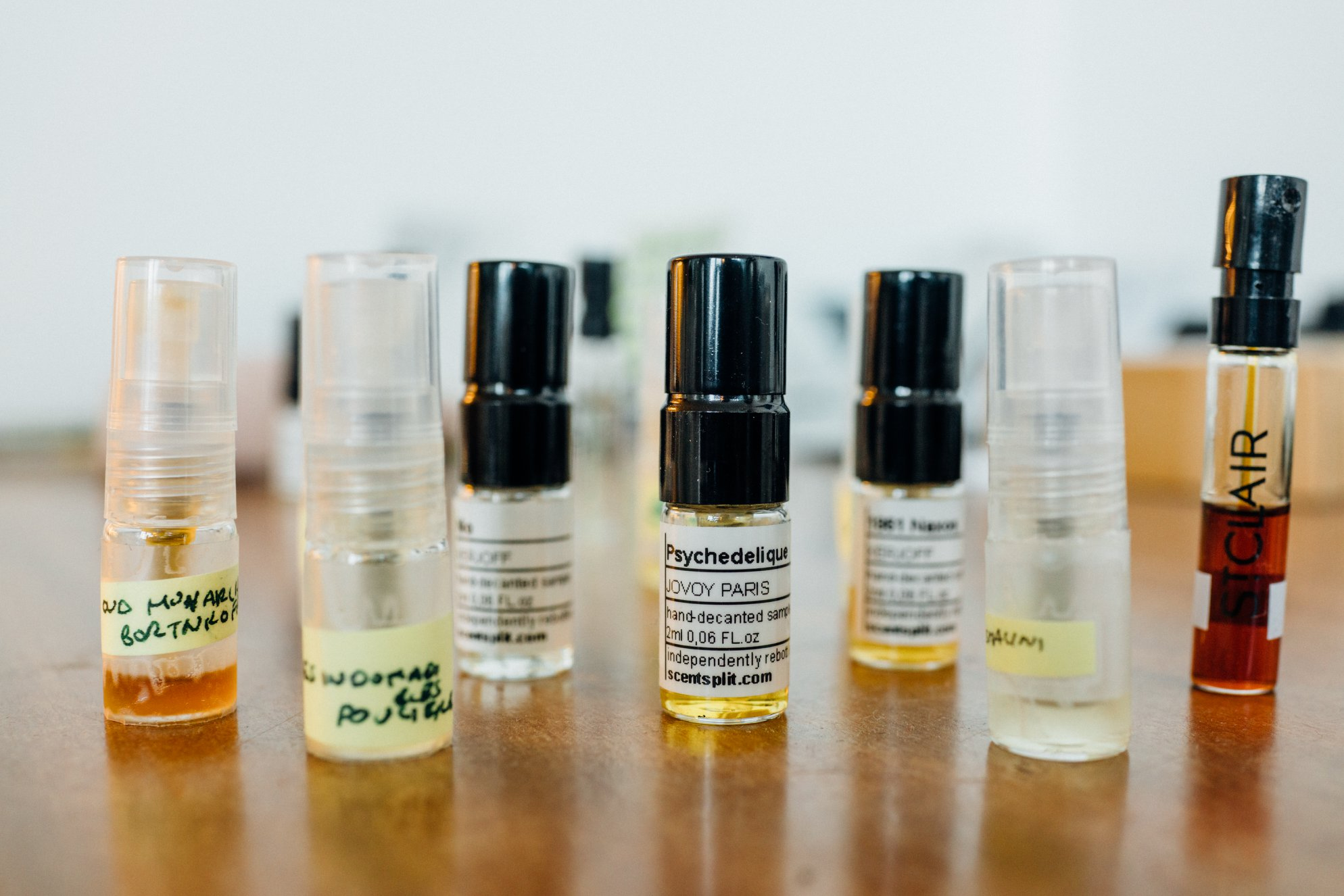








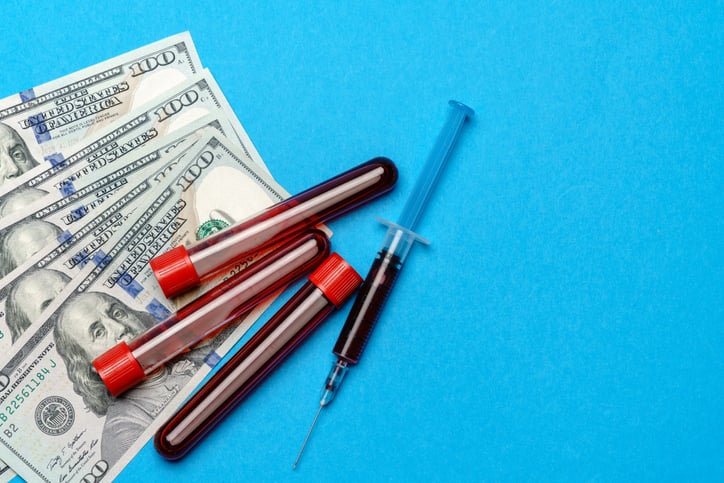

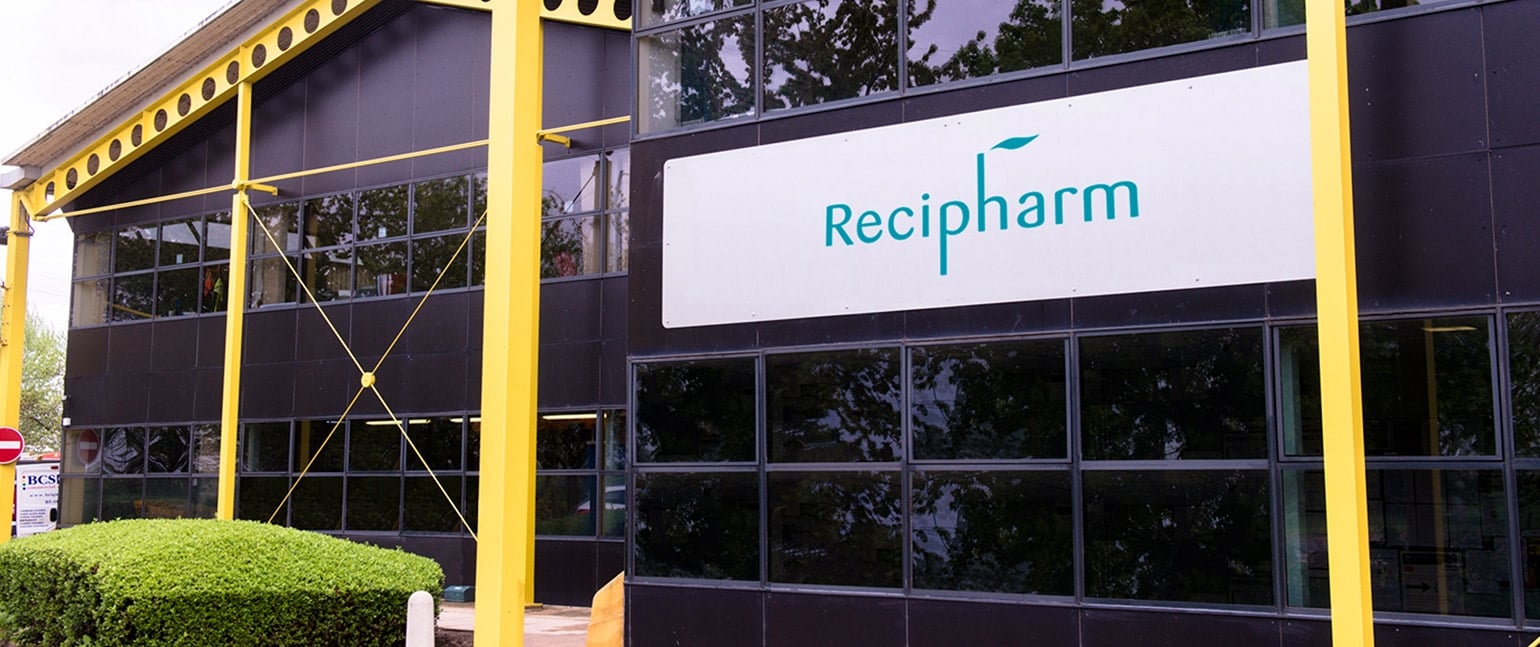

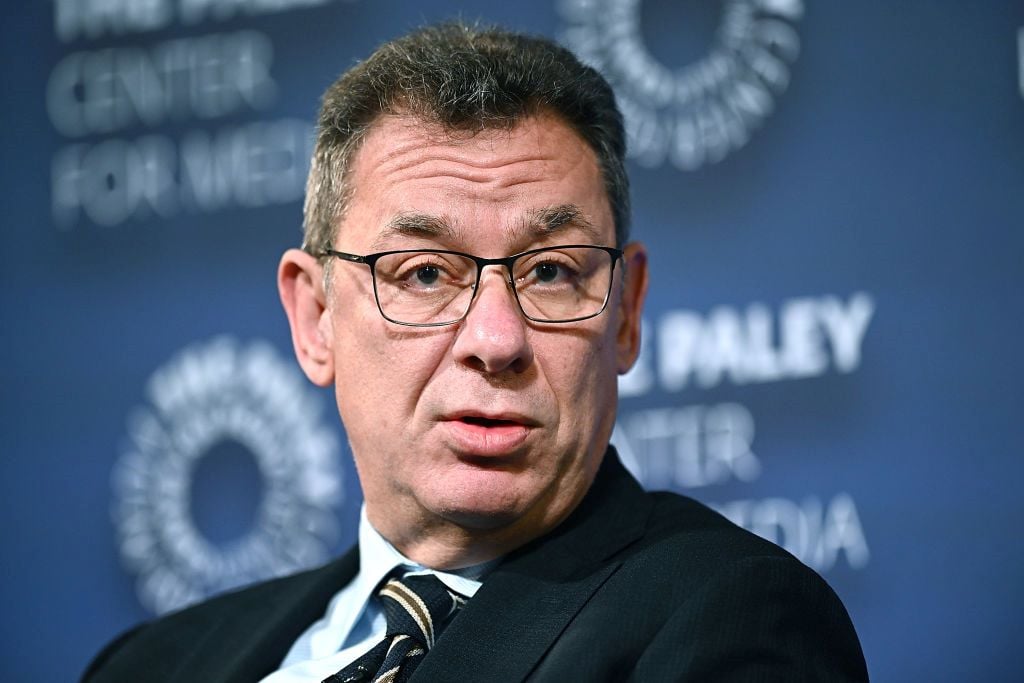
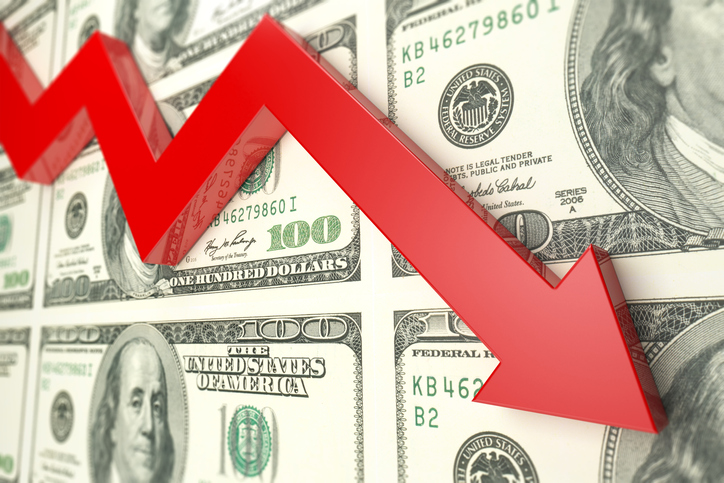



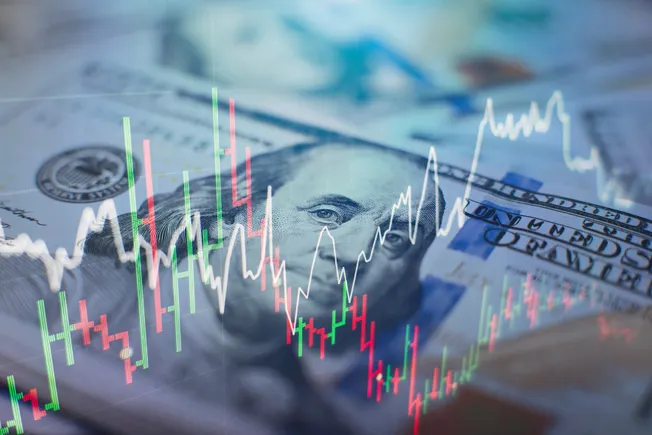
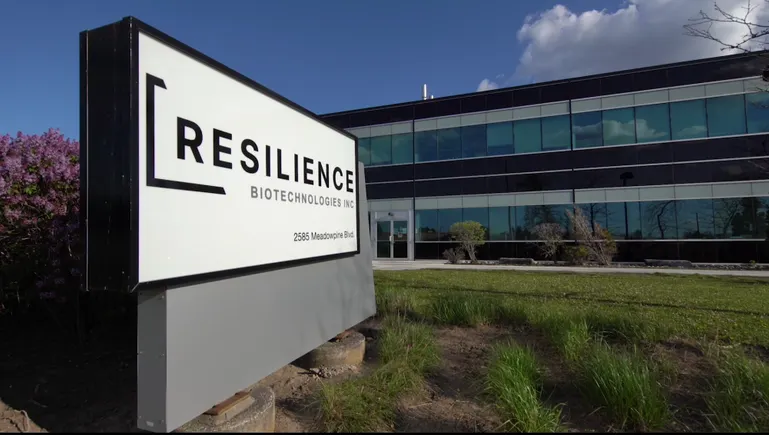
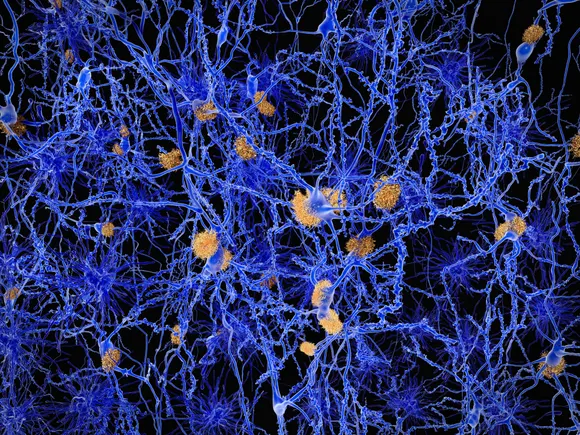





















![The Weekly Break Out Ep. 21: Hegseth on the Hill and the F-35’s radar [Video]](https://breakingdefense.com/wp-content/uploads/sites/3/2025/06/ep-21-thumb-play-button.jpg?#)










